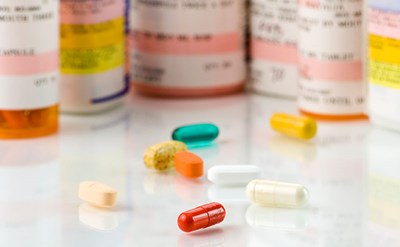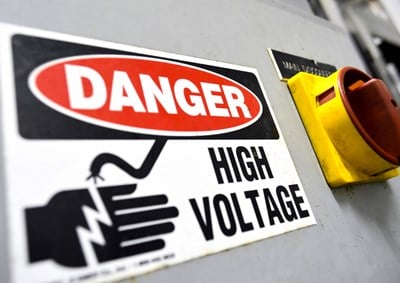Unintentional poisoning is the second leading cause of unintentional injury death in America, leading to over 65,000 deaths in 2019 according to the CDC. Poisons are found in nearly every home, and it's important to know how to prevent and respond to poison emergencies.
They may be accidentally swallowed, breathed, touched or injected. They may be in liquid form, such as cleaners, antifreeze or bug spray, or solid form, such as pills or plants; they also may be in a gas form, such as carbon monoxide. Some materials are not poisonous on their own but become poisonous when combined with certain other substances.
Prevent poisoning by making sure your home is as safe as possible, wearing protective clothing and equipment when using chemicals, and following the directions on warning labels found on medicines and household chemicals.
If you or someone else has come in contact with poison, call the National Poison Control Center at 800-222-1222. The National Poison Control Center answers this number 24 hour a day, 7 days a week. If there is a life-threatening emergency, call 911 (or your local emergency number).
In addition, if a person swallows a poison:
- Read the label on the product for safety instructions. Follow the instructions.
- Be ready to describe the poison to the poison control experts — what it was, how much was ingested and how long ago it was taken. Also be ready to describe the person’s age and weight.
- If it’s safe to do so, take the poison with you to the emergency department.
- Make sure the person is breathing. If not, and if you are trained to do so, start rescue breathing.
Smoke or Chemical Inhalation
- Immediately get the person to a place where he or she can breathe fresh air. Avoid breathing fumes yourself.
- Seek prompt medical attention if you suspect carbon monoxide poisoning. (See the CDC website for details.)
- If the person is not breathing, and if you are trained to do so, start rescue breathing.
Chemical Contamination (Skin)
- Remove contaminated clothing and rinse the skin with water for 15 to 20 minutes.
- Wash the skin gently with water, then rinse.
- If there is continued irritation, seek medical evaluation.
Chemicals in the Eye
- Rinse with running water for 15 to 20 minutes. Make sure the water is flowing away from the uncontaminated eye.
- If you cannot hold the eyelid open during the rinsing, do not force it. Instead, have the person blink as much as possible while flooding the eye.
- For information regarding chemical injuries to the eye related to terrorist attacks.
- Keep in mind that using proper eye protection, such as goggles, when working with hazardous chemicals can prevent eye injuries.
 American College of Emergency Physicians
American College of Emergency Physicians







